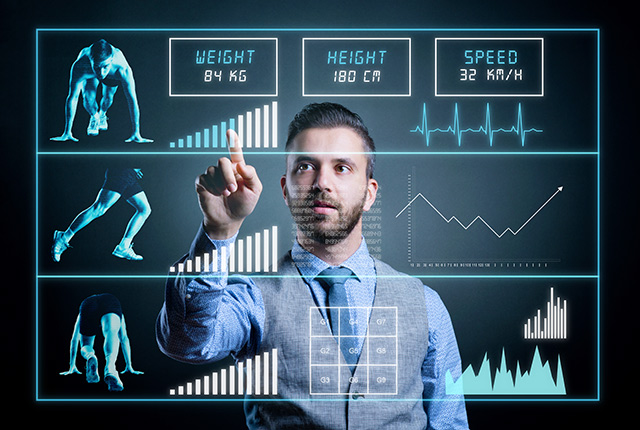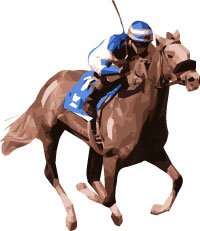Sport science is the application of scientific principles to sports and sport training, with the aim to improving sporting performance. There is comprehensive information about each of these sport science disciplines on this website.
 sport science research
sport science research- Exercise Physiology — the study of the principles of mechanics and anatomy in relation to human movement, and how the stress of exercise affects the body. There is information about fitness training for sports and a comprehensive section on fitness testing.
- Biomechanics — the study of the laws of physics as applied to physical activity, exercise and sport. Biomechanics can be used to explain how muscles, bones and joints react under certain conditions and to improve performance using motion analysis techniques. It also includes the field of performance analysis.
- Sports Medicine — The field of sports medicine encompasses not only sports physicians, but physiotherapists, physical therapists, massage therapists and podiatrists involved in maintaining an athlete’s fitness and physical well being. There is a range of sports medicine information, including a collection of stretching exercises.
- Sport Psychology — a sports psychologist works with athletes to achieve their optimum mental health and well being, ultimately to improve their sporting performance. They may deal with athletes who are recovering from injury, who are under performing, struggling with pressure, or help to improve their motivation.
- Sports Nutrition — the primary aim of the sports dietitian or nutritionist is to use a range of dietary strategies to maximize performance, commonly through individual and group/team nutrition counseling and education sessions.
Related Pages
- Sport science conference calendar
- Science Fair Project Ideas
- Technology in Sports
- Sport Science Research Guide
- Sport science courses
- About working in the sports science field


 Current Events
Current Events